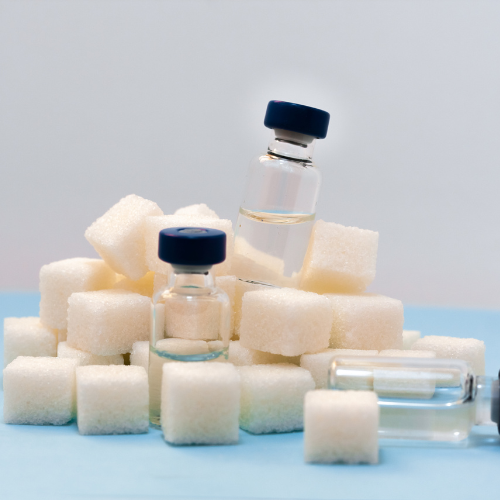How to Lose Weight with Insulin Resistance

Do you know what the greatest plague of the 21st century is? It's something many people have and don't even know it-Insulin Resistance. The dramatic increase in weight problems and obesity seen around the world over the past 20 years is resulting in a catastrophic rise of diabetes, cardiovascular disease and other serious health problems. Science now tells us that almost all of the health risks associated with increased body fat occur because overweight people develop insulin resistance.
What is Insulin Resistance?
Insulin resistance is when insulin no longer works efficiently and the body compensates by producting higher than normal amounts of insulin. Normally when one eats, glucose levels rise and insulin is secreted from the pancrease to carry glucose into the cells for energy. With insulin resistance glucose levels pool in the bloodstream and are unable to be carried into the cell, like a key which doesn't fit the lock, insulin can't open the door and let the glucose in. This results in elevated blood sugar, food cravings, excessive appetite, fat storage, increased blood pressure, damage to the heart and blood vessels, inflammation and many other abnormalities. Insulin resistance and elevated insulin levels exist in most people even in the early stages of being overweight, especially when that weight is around the belly. Nearly half of North American adullts and an increasing number of children now have some degree of insulin resistance.
What Cause Insulin Resistance?
 The graphic above shows the multiple causes of Insulin Resistance. While inadequate nutrition is one that certainly comes to mind, there are other factors such as poor sleep and stress which are often overlooked when it comes to insulin resistance.
The graphic above shows the multiple causes of Insulin Resistance. While inadequate nutrition is one that certainly comes to mind, there are other factors such as poor sleep and stress which are often overlooked when it comes to insulin resistance.
How to Lose Weight With Insulin Resistance
The good news is that you can overcome insulin resistance and start dropping weight with the right approach. Want to learn more and get individual help? Schedule a free strategy session here.

